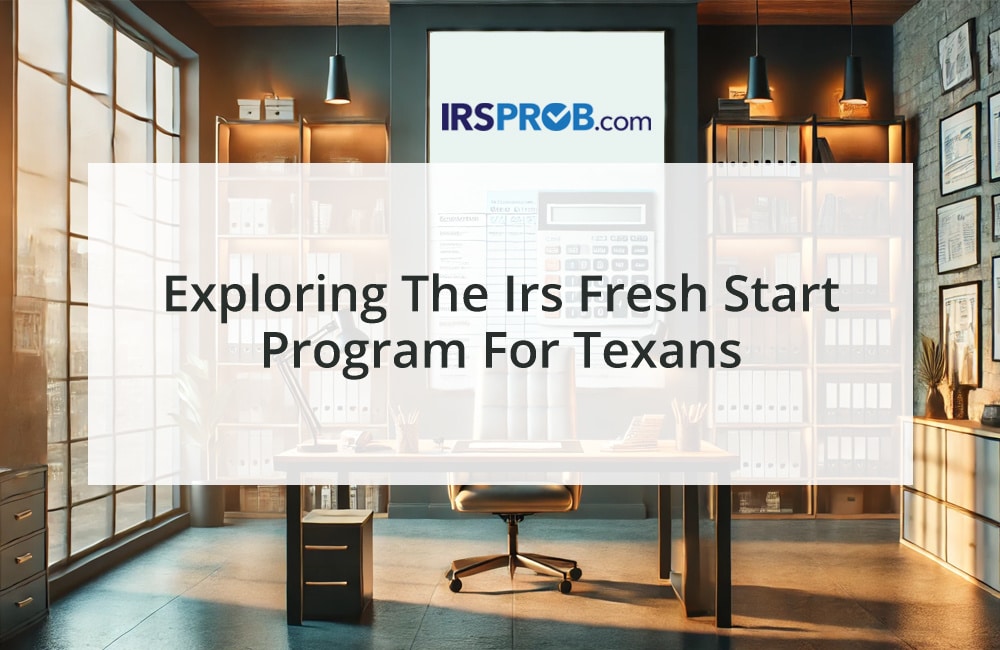
Cryptocurrency investors, businesses, and brokers are about to face a major shift in tax reporting. Starting January 1, 2025, the IRS will require brokers and other intermediaries to issue the new Form 1099-DA to report digital asset transactions. This marks the beginning of a complex and potentially chaotic transition in crypto tax compliance.
If you’re a business owner who accepts crypto payments, trades digital assets, or invests in crypto as part of your portfolio, this change could have serious tax implications for you. Here’s what you need to know to prepare and avoid costly surprises.
What’s Changing?
Up until now, crypto tax reporting has been largely inconsistent. While taxpayers were always required to report gains and losses on crypto transactions, many exchanges and brokers either didn’t issue tax forms or provided incomplete information. That’s changing with Sections 6045 and 6050 of the tax code, which now require standardized reporting similar to what’s already in place for traditional stocks and bonds.
Under the new rules, crypto brokers—including exchanges, wallet providers, and possibly even certain decentralized platforms—will be required to provide the IRS and taxpayers with 1099-DA forms that detail transactions. The goal is to improve transparency, but the rollout is expected to be messy.
What Business Owners Should Expect
- An Avalanche of 1099-DAs – Each transaction will generate a new form, meaning that high-volume traders or businesses transacting in crypto could receive hundreds or even thousands of these reports.
- Potentially Inaccurate Reporting – The IRS is expected to receive a flood of mismatched or incomplete data, leading to confusion over cost basis, gains, and losses. For instance, if you bought Bitcoin for $100,000 and sold it at $50,000, your 1099-DA may only show the proceeds—making it look like a gain rather than a loss.
- More Scrutiny and Audits – The IRS will have direct access to transaction data it previously lacked, meaning more audits and compliance checks for businesses that deal in crypto.
- Expanded Reporting in the Future – While the January 2025 changes primarily impact brokers and exchanges, the IRS is expected to extend these rules to cover peer-to-peer transactions and decentralized platforms in later phases.
How Business Owners Can Prepare
- Get Your Records in Order – The IRS will have its version of your crypto transactions, but it may not be accurate. Keep detailed records, including purchase dates, sale prices, and transaction fees, so you can reconcile any discrepancies.
- Use Crypto Tax Software – If your business regularly deals in crypto, consider using tax software that integrates with exchanges to track gains, losses, and cost basis automatically.
- Work with a Tax Professional – The new reporting rules are complicated, and mistakes can lead to hefty tax bills or IRS inquiries. A tax professional with crypto expertise can help you navigate these changes.
- Stay Updated on IRS Guidance – These regulations will continue to evolve, and further clarifications may impact how businesses should report transactions.
The Bottom Line
Crypto tax reporting is entering a new phase, and the IRS is watching closely. While the new 1099-DA form is designed to bring transparency, it also creates potential headaches for business owners who aren’t prepared. By staying informed, keeping detailed records, and seeking professional guidance, you can avoid costly surprises and ensure compliance with these new IRS rules.









